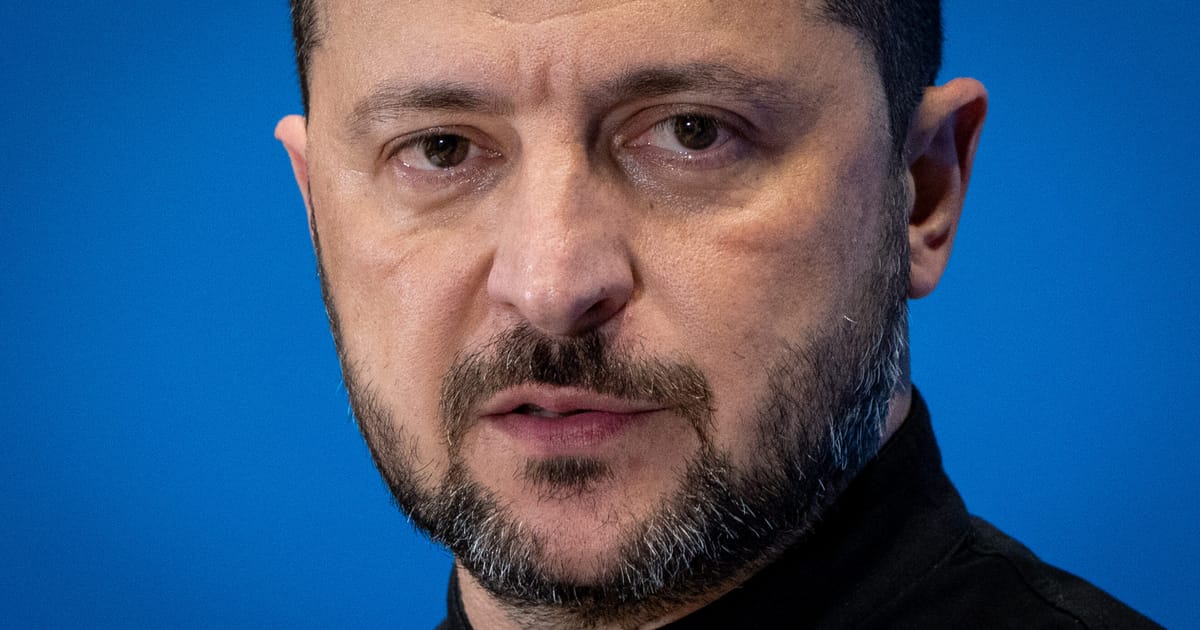

Amid recent developments in the ongoing Israel-Gaza conflict, a slew of intricate dynamics unfolded, emphasizing the urgent call for peace and dialogue. At the center of these events is an escalating humanitarian crisis that has drawn global concern and action.
In Gaza, a tragic scene unfolded as reports surfaced about the deadly impacts on civilians striving to access essential aid. Hospitals in the region described a harrowing situation where gunfire claimed the lives of individuals seeking food, underscoring the growing desperation within the blockaded territory. The dire conditions in Gaza have been marked by a rising count of malnutrition-linked fatalities, reflecting the severe shortages of basic necessities experienced by its inhabitants.
Recent diplomatic engagements aimed at addressing the crisis included a significant visit by U.S. officials who sought to better understand the ground realities. Special envoy Steve Witkoff, alongside other representatives, visited aid distribution centers, reaffirming their commitment to addressing the humanitarian needs. This visit coincided with calls from the United Nations highlighting the death toll near aid sites since May, prompting an appeal for heightened international attention and assistance.
Parallel to these humanitarian endeavors, the political discourse surrounding the conflict has intensified. Notably, Hamas released a second video involving an Israeli hostage, reiterating its stance on armed resistance. This move came as discussions continued to swirl around the prospects of a truce. Hamas emphasized that disarmament would only be considered upon the establishment of an independent Palestinian state, a condition persistently echoed in recent statements.
The distressing images and reports emanating from Gaza have galvanized diverse reactions globally. In the United Kingdom, public figures and political leaders grappled with the unfolding humanitarian landscape. Scottish First Minister John Swinney candidly characterized the situation as “genocide,” echoing sentiments that challenge the actions of the Israel Defense Forces. This assertive stance resonated similarly with declarations made by other UK officials, pressing for a reevaluation of international policies and responses.
In this complex humanitarian drama, calls for immediate and sustainable solutions are increasingly pronounced. Analysts emphasize that air-dropped aid, while partially ameliorating sufferings, cannot offer a comprehensive remedy to the famine. Sustainable solutions require a fusion of diplomatic engagement, and equitable access to resources, reinforced by robust international cooperation.
The urgency of reconciliation and peace in this tense ambiance is pivotal. Those calling for a peaceful resolution envision an end to the cycle of violence that has gripped both communities. Dialogue and love are seen as the hopeful avenues towards a balanced, just future, benefiting every person affected by these harrowing distortions.
As the world observes this painful episode unfurl, the humanitarian and diplomatic efforts continue, nurturing seeds of hope for a resolution that echoes compassion, coexistence, and enduring peace for all.
Source: {link}
